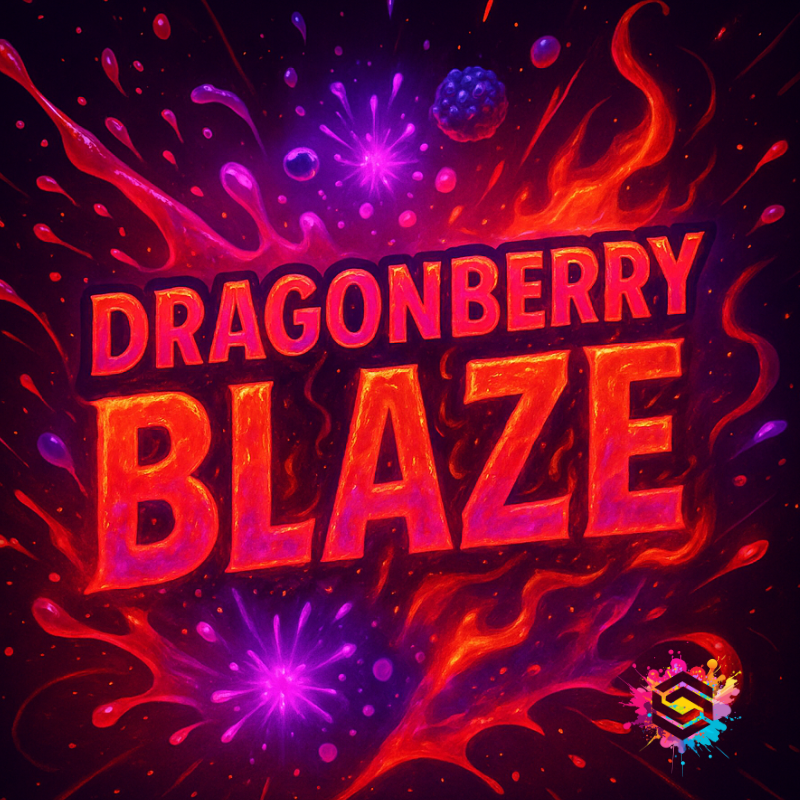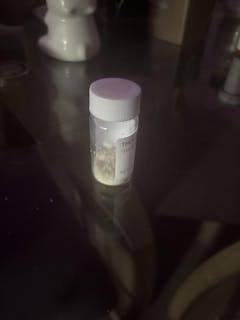High Fit Guarantee — Shop Risk-Free
We’re committed to ensuring you find the perfect fit with every purchase. Our dedication to quality and precision means you can shop with confidence, knowing that our pieces are crafted to suit you perfectly. If you’re not completely satisfied, we offer a hassle-free return policy
Recently viewed products
Your recently viewed is empty
Continue shoppingFrequently Asked Questions
How Is This Legal?
Under the 2018 Farm Bill, hemp-derived products are federally legal as long as they contain less than 0.3% Delta-9 THC by dry weight and are made from hemp-derived cannabinoids.
At Ghost Vapors, all of our THC products fully comply with these federal guidelines, making them legal for adults across the United States to purchase. You must be 21 or older to order any THC products from Ghost Vapors.
How long will my online order take to arrive?
We offer three different shipping options:
- USPS Ground Advantage™: 5-14 Days
- USPS Priority Mail®: 4-7 Days
- USPS Priority Mail Express®: 1-2 Days
Please note that holidays, weather, and other factors with the shipping carriers can create delays outside of our control.
What is Hemp-Derived THC?
Delta-9 THC is a naturally occurring compound responsible for the psychoactive effects of cannabis. While it can be sourced from both marijuana and hemp plants, hemp-derived THC is extracted from federally legal hemp.
Under the 2018 Farm Bill, THC derived from hemp is legal as long as the final product contains no more than 0.3% Delta-9 THC by dry weight. This means adults 21 and over can legally enjoy its effects in compliant products.
Will THC show up on a drug test?
Yes. THC will show up on a drug test. Do not use this product if you are subject to drug testing.
How long will it take to feel the effects?
Typically, some products such as Drinks and Syrups start working in about 15 minutes. The effects peak between one to two hours and last for three to six hours.
THC Syrups are fast-acting because they are made with water-soluble cannabis extracts that your body can absorb quickly.









